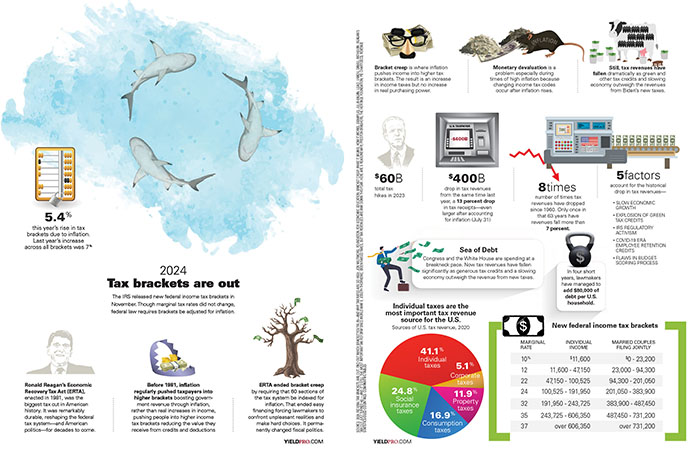I can, in no way, trivialize what’s happening in the financial markets or certain segments of our economy, but it is all relative. And while “It’s all relative” does not make as good a headline as “All is lost,” it is the truth.
Global losses from the current financial crisis were recently estimated at a mind-bending $1.4-trillion. It is the biggest financial meltdown in history in terms of value. But the doom and gloom, as well as getting into the weeds of Sarbane-Oxley, new financial instruments, risk-reduction schemes, and their far-reaching grip on the term “value,” seems to lose punch when laid against the size and strength of the U.S. economy.
U.S. financial institutions carry a little more than half the global losses to date. At this rate, the U.S. share of total losses will be about 5 percent of its gross domestic product (GDP).
Many developers and operators remember well the last time we were hit with such an event. It was 1987. The headlines were eerily similar: recession-depression, failed banks, falling stock market, rising unemployment. That was the savings and loan meltdown. We were told to expect years of hard recovery. Fortunately, it was only a matter of months. In comparison, the savings and loan failure of 1987 totaled losses at 3 percent of the country’s GDP.
In general, it takes a little over three years for investors to recover their losses, researchers agree. Historically, investors jumping in now are going to do well.
Across this wide U.S. landscape that our industry has so fearlessly cultivated into dwellings, there are strong markets and not so strong markets. There is money to borrow and there are renters needing homes. The ebb and flow is called cycles and the developer is always on his knees praying for the next uptick. It’s history. And in most markets, once again, apartments stand as the positive segment of the investment community. Alas, we are the “backbone of the economy.”
What is most troubling are the headlines colorizing conversation, mood and even market posture of owners and operators. I wonder if some of the decisions being made are based on this hyper-driven moment, playing out like a slick car salesman on the showroom floor.
While media headlines are not a fundamental, emotion does impact markets.
And the minute you are afraid, you lose.















